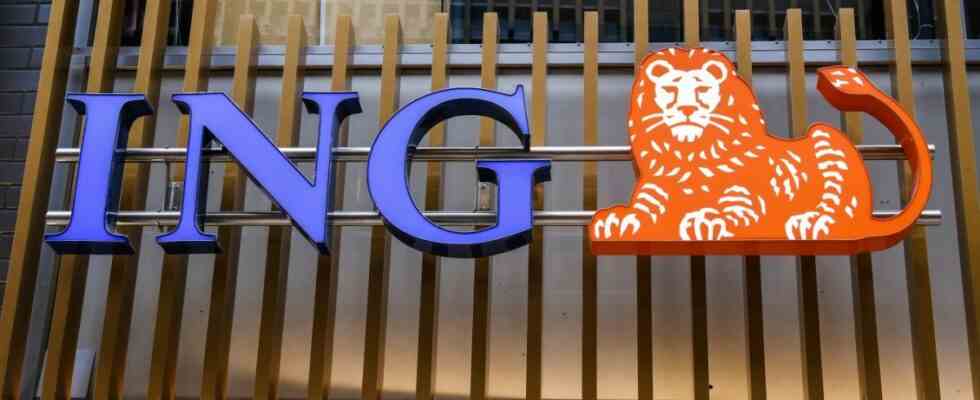The higher key interest rates are now also benefiting savers: from December 6, the German subsidiary of the Dutch company ING wants to pay 0.3 percent interest on overnight money again without conditions, the institute announced on Thursday. The bank has already canceled the custody fee and started paying interest on the savings bond. “Now we’re also bringing back overnight interest rates for everyone,” said ING Germany boss Nick Jue. The German subsidiary of ING was one of the first banks in Germany to promise its private customers interest again after the European Central Bank (ECB) raised interest rates.
Deutsche Bank also announced higher interest rates for customer deposits. “A few weeks ago, we started raising interest rates on deposits for our customers at Deutsche Bank,” Lars Stoy, head of German retail banking, told the FAZ. “However, I assume that further steps will follow in the coming year, both at the Deutsche Bank brand and at Postbank.” Bank competition for deposits will increase again. “We’re also already thinking about deposit campaigns.” The turnaround in interest rates is having an impact on Deutsche Bank’s earnings. “We will also see margin increases over the next few years.”
The announcements should have a signal effect for the entire banking industry. While other financial institutions such as Commerzbank are still cautious about higher interest rates, ING now explicitly wants to go back to attracting customers. Under the name ING-Diba, the bank had lured customers with comparatively high interest rates for savings for many years, but this was no longer worthwhile when interest rates were low. Now the Dutch want to build on old successes. “We’re falling back into old strengths. Customer growth through the deposit business is one of our strengths,” said Jue. ING is still not aware of the fact that people can no longer save as much given the high energy costs. “We still have customer and deposit growth,” he said.
Negative interest on account balances has been off the table for a few months now. Until the summer, banks had to pay negative interest if they parked excess liquidity with the central bank and passed on some of these costs to customers. Referring to the negative interest rates, most banks had also introduced or increased account fees – including ING, after the free current account had long been part of the brand core. For the time being, however, nothing will change in terms of fees, according to Jue.

